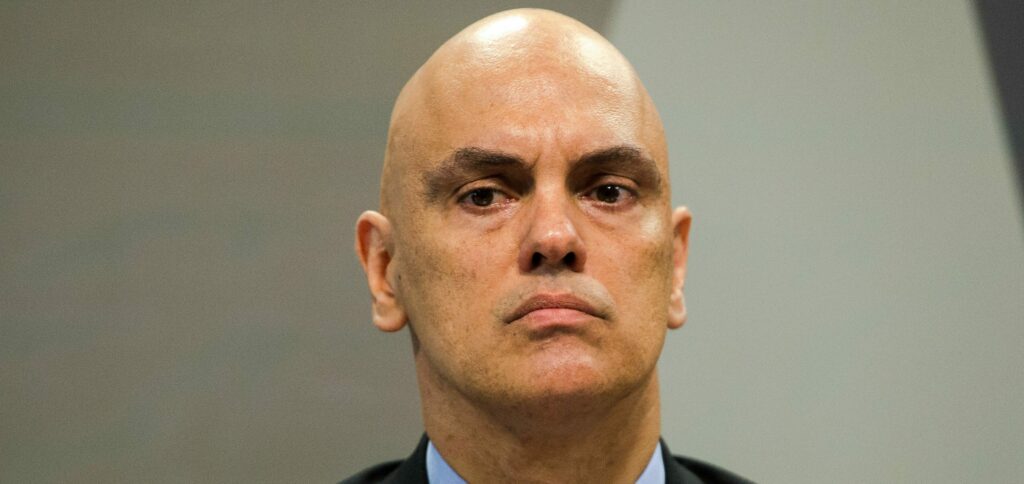As the reason for the legal basis underlying the investigation is still under secrecy, lawyers and jurists heard by the newspaper O Estado de S. Paulo were divided over possible allegations of irregularities committed by Alexandre de Moraes, minister of the Federal Supreme Court.
ADVERTISING
“The messages known so far justify investigation, not searches. Technical analysis of the case depends on what is stated in the request made by the police authority to the Court. It is necessary to know what facts the police indicated to know whether the measure was necessary”, stated the criminalist Maurício Zanoide de Moraes, professor at USP. He also reiterated that conversations alone do not justify the search and the restrictive measures adopted.
On the other hand, former Minister of Justice Miguel Reale Junior he explained to the newspaper (Estadão) that the content of the messages justifies an investigation to find out whether the businesspeople financed anti-democratic acts and whether they encouraged these actions.
the judge Ivana David, from the Criminal Section of the São Paulo Court of Justice, agrees with Reale’s analysis. “The limit of freedom of expression is exceeded when there is intent”, he commented.
ADVERTISING
To the website Poder360, the former minister Marco Aurélio Mello came out in defense of the businessmen targeted by police action by saying that “to defend democracy, we cannot put freedom of expression in the background”.
For Mello, businesspeople should not even be investigated by the STF, as they do not have a privileged forum (a fact that leads an investigation directly to the Supreme Court).
In the evaluation of Celso Vilardi, professor of Law at Fundação Getúlio Vargas (FGV), the Supreme Court acted badly because there is no concrete act against democracy to justify an extreme measure of search and seizure.
ADVERTISING
In contrast, the criminal lawyer Antônio Carlos de Almeida Castro defended the investigation. “In this case, it [STF] is maintaining the country’s stability,” he commented.
Both Vilardi and Castro spoke about the topic being debated on CNN Brasil.



